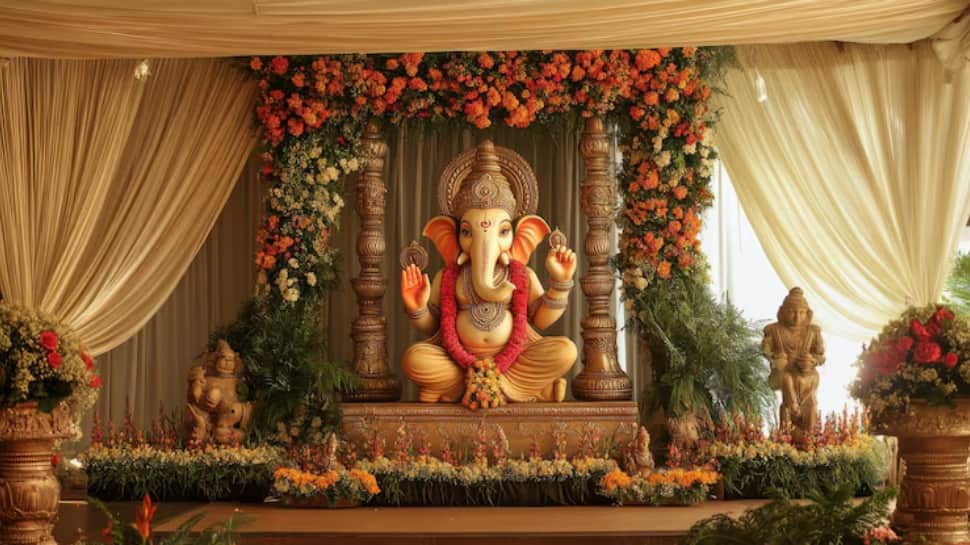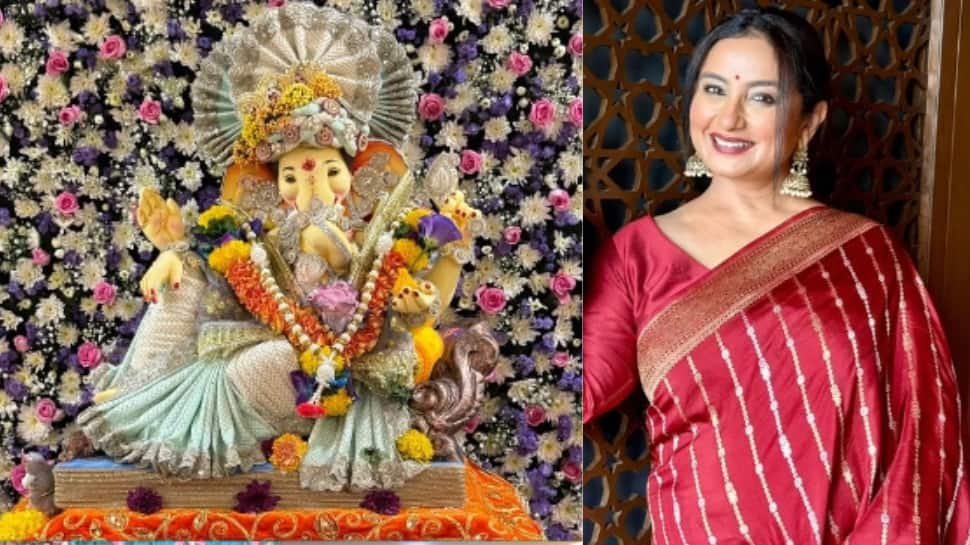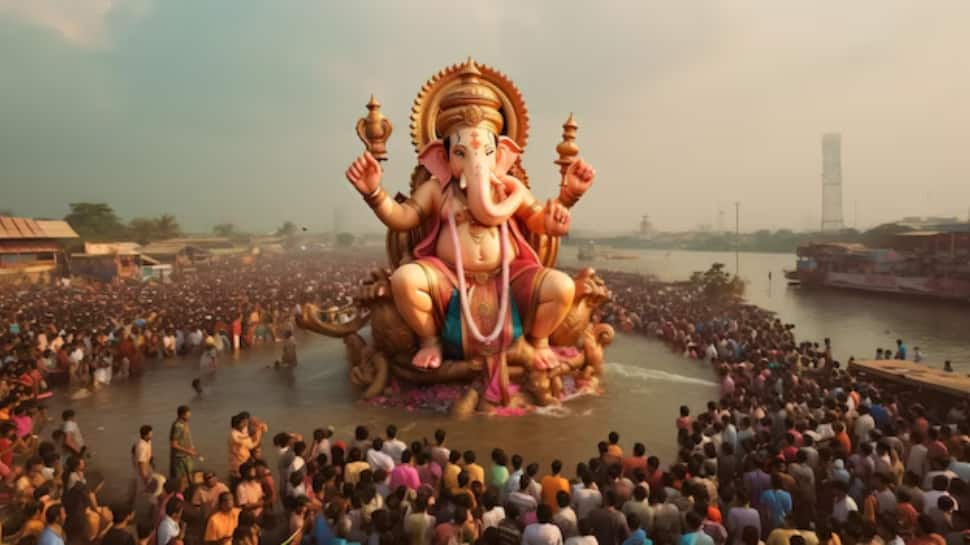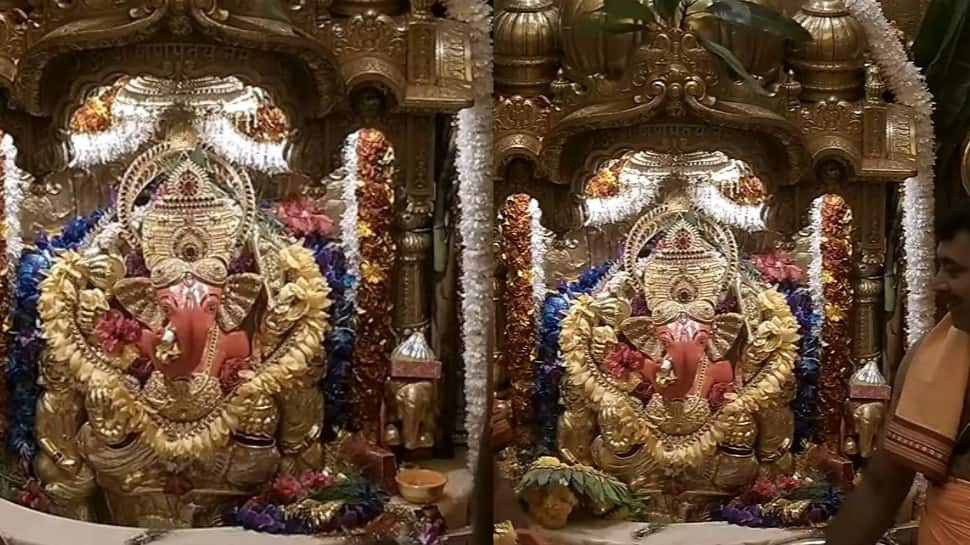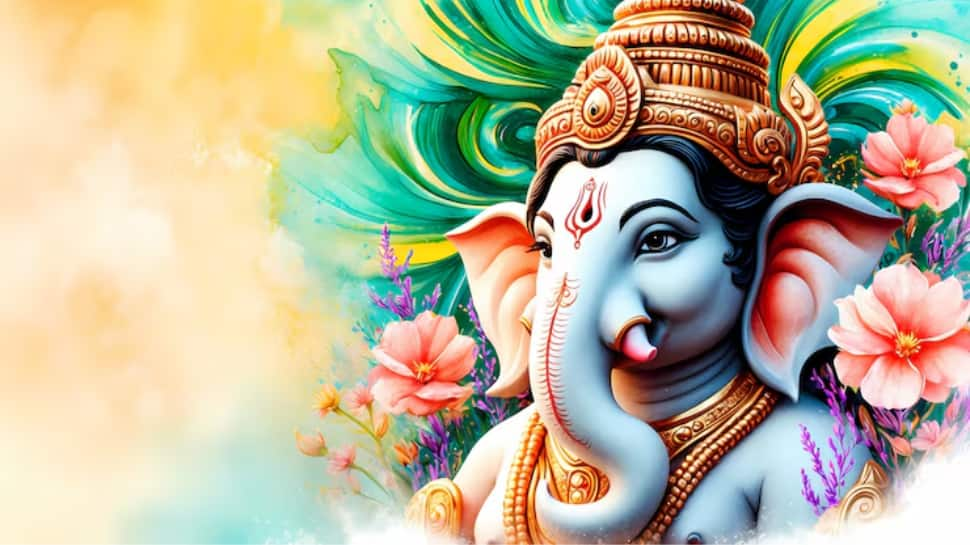When Is Shravana Putrada Ekadashi: Shravana Putrada Ekadashi is a sacred day observed on the 11th day (Ekadashi) of the bright fortnight (Shukla Paksha) in the Hindu month of Shravana. Falling on Tuesday, August 5, 2025, this Ekadashi is especially revered by couples desiring children, particularly a son who can carry out essential ancestral rites (Shraddha), as per Drik Panchang. It is also called Pavitra Ekadashi or Pavitropana Ekadashi in the Vaishnava tradition, where Lord Vishnu is the main deity of worship.
Key Timings for Shravana Putrada Ekadashi 2025
Here are the important dates and timings as per Drik Panchang:
Ekadashi Begins: 11:41 AM on August 4, 2025
Ekadashi Ends: 01:12 PM on August 5, 2025
Parana (Breaking the Fast): August 6, from 05:45 AM to 08:26 AM
Dwadashi Ends: 02:08 PM on August 6
Shravana Putrada Ekadashi 2025: History and Significance
Putrada Ekadashi, meaning "giver of sons," is observed twice a year, once during Pausha (December–January) and again in Shravana (July–August). While the Pausha Ekadashi is more widely followed in North India, the Shravana version holds greater importance in other parts of the country.
As per Drik Panchang, "The primary belief behind this fast stems from the Hindu understanding that only a son can perform necessary death rituals to ensure moksha (liberation) for the soul of the departed. This makes having a son not just a matter of lineage but a sacred responsibility. Couples who are struggling with childlessness, especially in traditional households, observe this fast with deep faith."
Shravana Putrada Ekadashi 2025: Vrat Rules and Rituals
Who Should Observe: Couples wishing for children, especially a male child
How to Fast: A strict fast is observed, often Nirjala (without water), though some take fruits and milk
Night Vigil: Devotees stay awake through the night, chanting Vishnu’s name and reading scriptures
Parana: Must be done the next day during Dwadashi Tithi after Hari Vasara ends
Avoid: Breaking the fast during Madhyahna; rituals must be timely and pure
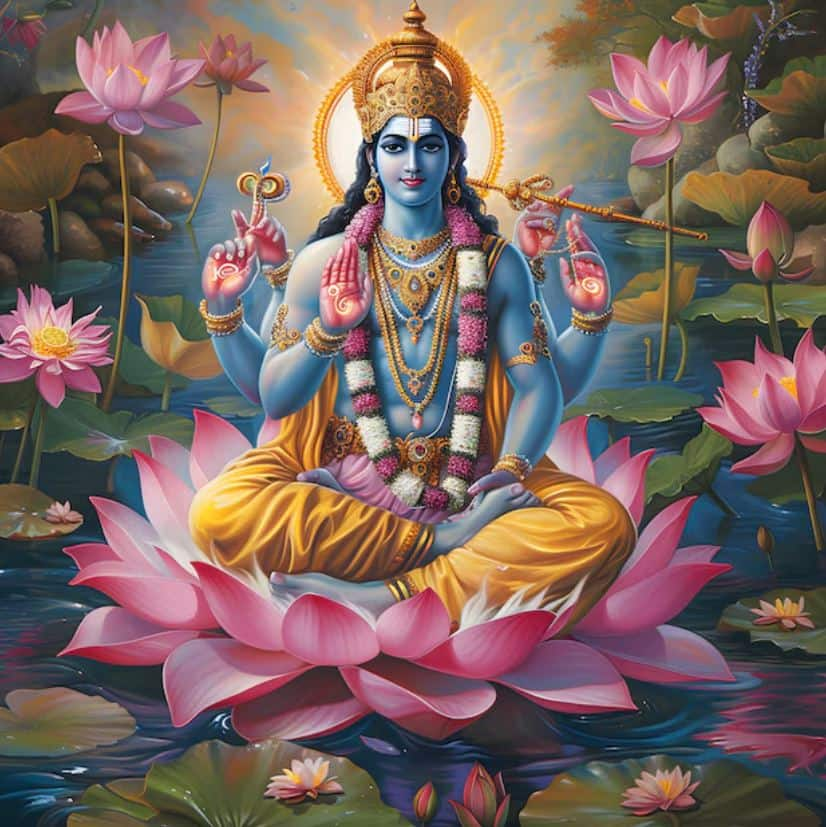
Shravana Putrada Ekadashi Vrat Katha: King Mahajit’s Story
The tale of King Mahajit is often recited during Shravana Putrada Ekadashi. A noble and just ruler of Mahishmati, Mahajit had everything but a child. Deeply sorrowful, he sought spiritual help. His ministers consulted Sage Lomasha, who meditated and revealed Mahajit's karmic sin, he had once denied water to a thirsty cow during Ekadashi. Although he had fasted that day, the sin of selfishness in his past life resulted in childlessness in this one.
The sage advised that the king and his subjects should observe the Shravana Putrada Ekadashi with full devotion. If they all fasted and stayed awake through the night while dedicating the spiritual merit to the king, his curse would be lifted. The people did as advised, and in due time, the queen bore a son.
This tale emphasises the profound karmic impact of our actions and the power of collective faith and redemption.
Regional Names and Variations
North India: Focuses more on Pausha Putrada Ekadashi
Rest of India: Gives more reverence to Shravana Putrada Ekadashi
Vaishnavas: Refer to it as Pavitropana Ekadashi, honoring Vishnu
Smartha vs Vaishnava: Smartha households fast on the first day; the second day is for widows, sanyasis, and moksha-seekers
Spiritual and Social Relevance
While the focus is on having a son, the broader spiritual takeaway is redemption through sincere prayer and righteous deeds. This Ekadashi highlights:
1. Karma and Redemption: Past actions, even small ones, can have lifetime consequences
2. Power of Collective Devotion: Communities uniting in prayer can change destinies
3. Importance of Rituals: Hinduism places deep spiritual significance on ancestral rites and the continuation of dharma through progeny
Shravana Putrada Ekadashi is more than just a day of fasting, it's a spiritual bridge between karma and hope, between past mistakes and future blessings. Whether observed with the desire for a child or as a means of spiritual growth, this Ekadashi underscores the transformative power of sincere devotion and ritual.
Couples seeking divine grace, or even those aiming to strengthen their spiritual discipline, can find deep meaning and peace in observing this ancient tradition.
(This article is intended for your general information only. Zee News does not vouch for its accuracy or reliability.)
Stay informed on all the latest news, real-time breaking news updates, and follow all the important headlines in india news andworld News on Zee News.

 3 weeks ago
3 weeks ago

